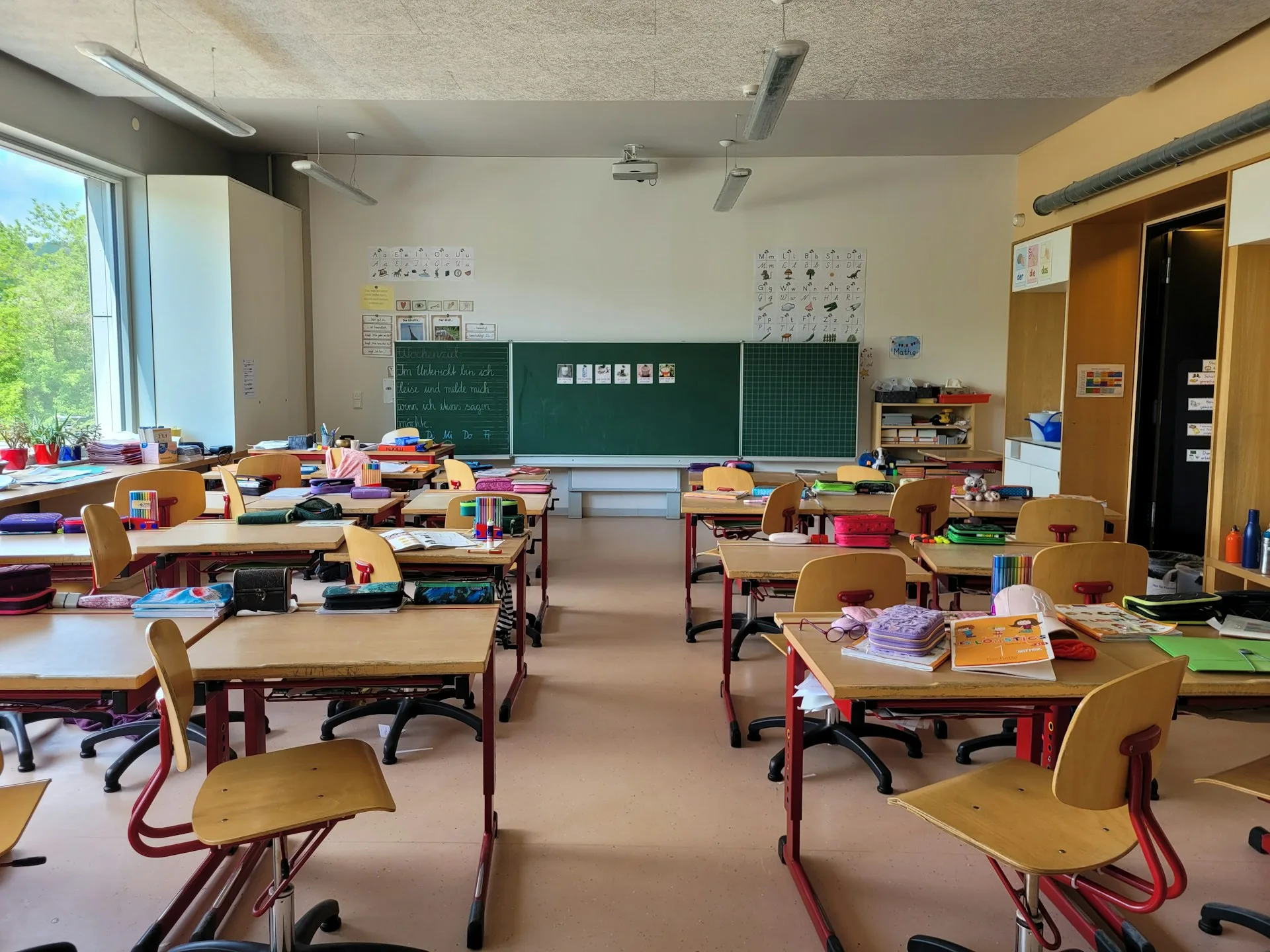Today’s schoolchildren are increasingly influencing the shape of education in Ukraine. This is confirmed by the results of a sociological survey conducted by the Ministry of Education and Science of Ukraine in collaboration with the U-Report Ukraine platform. More than 3,000 students aged 10 to 17 registered with U-Report chatbots took part in the survey. Analysis of the responses clearly showed that most respondents want to see school not as a place for ‘memorisation’ but as a space for practical knowledge, freedom of choice and preparation for real life.
According to the survey, over 70% of students believe that education should be more practical and respond to modern challenges. About 68% expressed a desire to see more project work and collaboration in the classroom. 62% emphasised the importance of digital technologies and multimedia content in the educational process. In addition, over 55% of the students surveyed emphasised the need to change the assessment format to make it more flexible and focused on development rather than punishment.
Read also: High school reform: “Specialised” education in 2027
Based on this data, the Ministry of Education and Science presented its updated ‘Education for Life’ policy, which will be launched in Ukrainian schools as early as autumn 2025. Key innovations include daily physical activities, digital textbooks with video and audio content, interactive science lessons, and courses that teach life skills, from budgeting to self-presentation.
Schools will also pay more attention to teamwork, the implementation of personal projects, creative thinking, and personal development. According to the Ministry of Education and Science, these are not just formal changes — this is a new philosophy of education.
Read also: Education without borders. How the “MriyDiy” Foundation helps children and teachers in times of war
Practice in the field: the experience of a director from Lviv
Volodymyr Pererva, director of School No. 62 in Lviv. Today, this school is already implementing the principles of the future reform. His school is one example of how, even without large investments, but with an understanding of students’ needs, it is possible to change the educational process.
‘We work according to a democratic principle: students vote on which profile they want to choose. It can be journalism, philosophy, foreign languages, or even media literacy. After the vote, we develop programmes for a specific group,’ says the director.
“A child in 10th grade can try several areas and then decide in 11th or 12th grade what they are really interested in. This is not imposed from above; it is a choice that motivates them.”
The educational space is changing: new desks, soft chairs, marker boards, interactive panels — all this is not only about comfort but also about engagement.
‘When children sit down at a new desk, they say “wow”, and when they see an interactive panel, their eyes light up. It’s an atmosphere that makes you want to learn,’ adds Volodymyr Pererva.
Special attention is paid to laboratory activities. In schools that do not yet have a STEM laboratory, students attend chemistry classes at private schools thanks to partnerships between educational institutions.
‘We cannot afford full-fledged laboratories yet, but we are looking for solutions. If children can see chemistry in practice, it is much better than dry theory,’ says the director.
Read also: A new series of 14 lessons on communication in the army has been launched on Diya.Osvita
Specialised school: what will change from 2027
A full-fledged senior specialised school is planned to be launched in 2027. Under the new structure, students in grades 10–12 will have a compulsory minimum education, and the rest of the subjects will be chosen independently. For example, if a child is interested in mathematics, they will have 6–8 hours of specialised training per week, while other disciplines will remain at a basic level.
‘Education follows the student, not the other way around. This is the philosophy of the new school. Children should feel that their choices are important. And when they find themselves among like-minded people, that’s when real interest and depth in learning appear,’ Pererva emphasises.
According to the director, this approach will also help reduce the need for tutors:
‘I believe that in a specialised school, students will be able to prepare for the Unified State Exam or any other form of assessment without additional costs for their families. Because they will have enough time and resources within the school itself.’
Read also: Which NMT results are valid for admission in 2025
Sociology confirms: children want a modern school
The results of the U-Report survey show not only the demand for reform, but also that children are ready to be active participants in this process. More than half of schoolchildren expressed a desire to participate in the development of curricula and the organisation of the educational process.
One of the main messages of the reform is that school should be about life. And it is the voices of children that shape its future.
Read also: Swedish-Ukrainian partnership to be supported with grants of up to EUR 10,000



